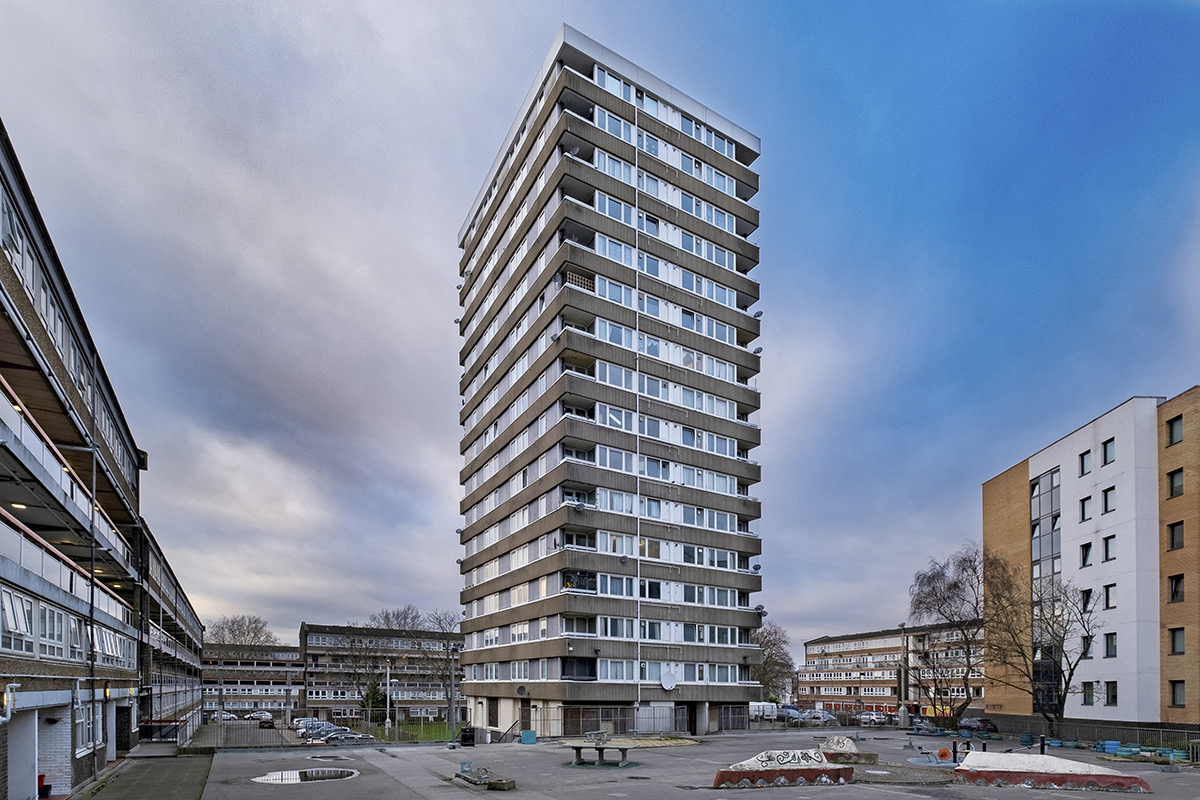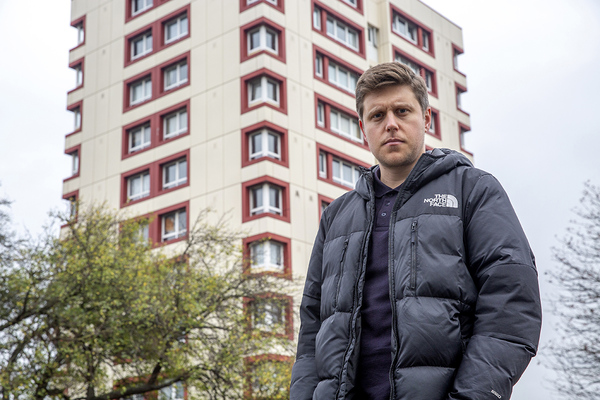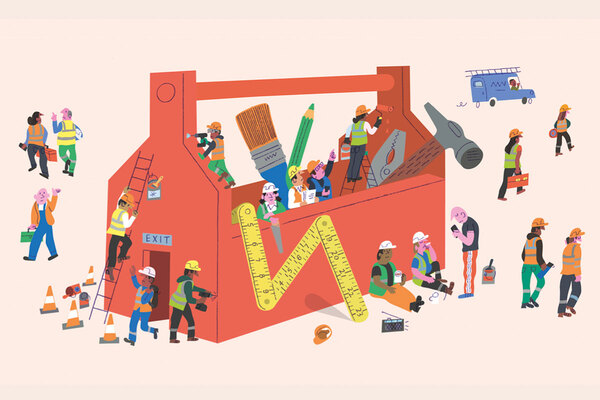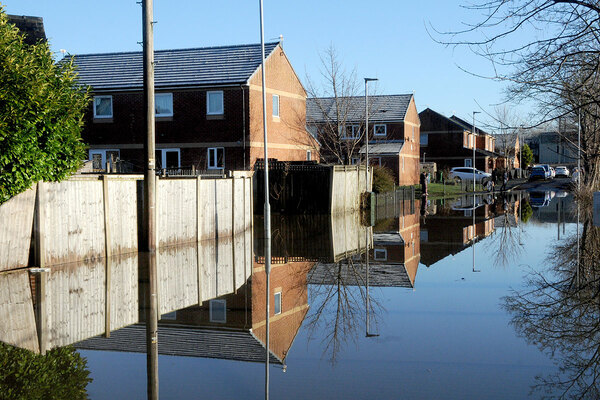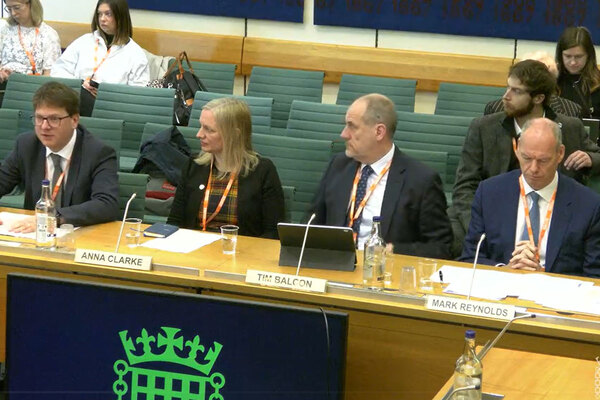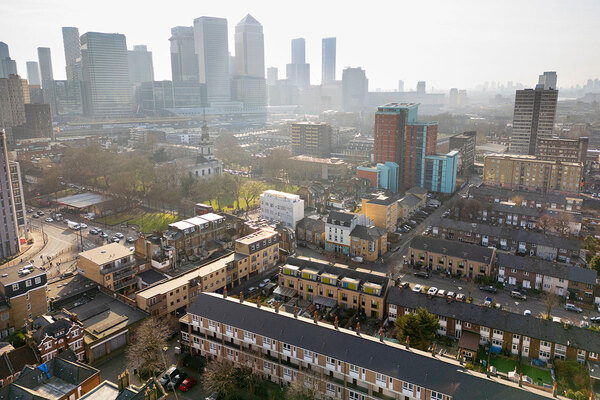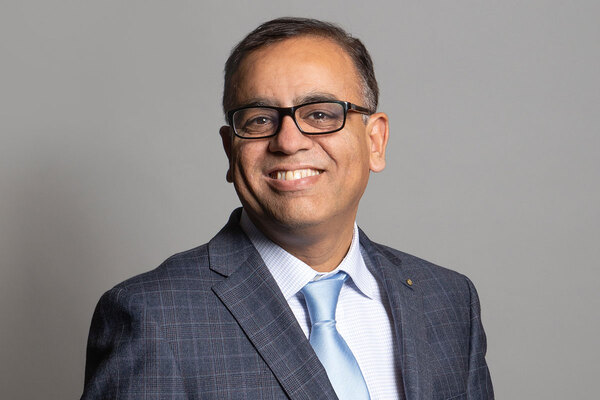
Gavin Smart is chief executive of the Chartered Institute of Housing
How we respond to putting issues of quality right will determine how we are seen as a sector
Social housing arose out of a need to tackle generational challenges, such as the inter-war council housebuilding revolution. With the current debate about quality, I believe that we now face another of these generational challenges, writes Gavin Smart
We can trace the development of the housing profession and social housing movement through a host of generational challenges that have needed to be overcome. From the Victorian philanthropists seeking to build modern homes for Britain’s poor, through the great inter-war council house-building revolution, and the slum clearances of the 1950s and 60s – famously highlighted in the BBC’s Cathy Come Home film.
Throughout history, social housing has played a very specific role: a sector that does the right thing with social purpose at its core.
I believe that we are now facing another of these generational challenges.
Across the mainstream and social media, we have all seen numerous cases where the quality of some of the homes provided has fallen below expectations. The issue of quality and service for tenants of social or private rented sector housing is not going to go away, nor should it.
And in the age of social media, we must accept that where poor quality or poor customer service exists it is very likely to be highlighted for the world to see. We must embrace this, celebrate the power that it gives to tenants and residents and the transparency and accountability it brings.
Crucially, when things have gone wrong, we must put them right.
At the macro-level, there is much work to do to make the UK’s homes fit for the future. In this country we have the oldest housing stock in Europe, with outdated and poor-quality housing present across all tenures. While the overall quality and energy efficiency of the social sector is of a higher standard than the private rented sector, we don’t want to be in a position where we are defending sub-standard homes in any form.
Everyone should expect to have a decent, safe and affordable place to call home.
The safety and quality of our existing homes must be priority number one, but this is not without challenge.
The cost of remediating homes affected by the building safety crisis remains significant for many social landlords. The long-awaited overhaul of the Decent Homes Standard is underway, but as yet the government has promised no new money to assist with this. There is a growing backlog of repairs as a result of the pandemic and additional money must be found to begin the long process of making social housing a net zero tenure.
These challenges are considerable on their own, but together they present a tremendous hurdle for the social housing movement and housing sector. But we must overcome them, and doing so will require hard decisions and tough conversations.
We need to ask ourselves, what are the homes we want now and in the future and how do we achieve that? What is our role, what is the role of the government, how will it be funded and on what timescale?
This will likely lead to a focus on existing stock over new supply. That’s a difficult message to deliver in the midst of a huge supply and affordability crisis.
The greater focus on housing quality and tenant support gets to the heart of Chartered Institute of Housing’s role as a professional body.
We cannot escape the fact that in some of the cases highlighted, housing professionals will have been into those homes and witnessed the conditions in which people were living. From this we can draw the conclusion that some either thought there was no problem, the problem was not theirs to solve, or that the problems they encountered were unsolvable.
Social housing is different to working in a bank or retail. A safe, secure home is not a disposable commodity but the bedrock upon which a fulfilling life can be built. I would ask all of us to consider this when delivering homes and services for the tenants and residents we work for and with.
Our starting point should always be to do the right thing. It’s about having a service that is centred around people, where their views are fundamental to shaping the service they receive, not about a service that is structured around how IT systems work or who holds which budget in which department. It may mean asking questions of ourselves or the organisations we work for: “would I be happy for someone I care about to live in this home? Would we be happy with the service we are providing for this person?”
“How we respond organisationally, individually and collectively to put these issues of quality right will quite rightly determine how we are seen as a profession and a sector”
That idea of doing the right thing should shape how we respond to the Social Housing White Paper and be at the core of the relationship between landlord and tenant. Too often when tenants feel they have been failed by their landlords, they also feel they have been ignored or are not respected, that their landlord is unaccountable or opaque in its decision-making.
Whether this is the perception or the reality is almost incidental. The very fact that this is a view held by a proportion of people we exist to work with should act as a driver for improvement, a desire to strive to be better.
The nature of social housing often means that some individuals have very complex needs. In these situations, it is even more important that we work with the people living in those homes to address any problems that exist. The best traditions of the housing profession demand that we must.
At its best, our profession is an honest one that demonstrates integrity and accountability in all we do. It is a profession prepared to challenge itself when it falls below the standards to which we all aspire.
If we are honest, as we must be, it is likely there will be similar stories of poor quality highlighted over the coming weeks and months. How we respond organisationally, individually and collectively to put these issues of quality right will quite rightly determine how we are seen as a profession and a sector.
History shows us that when we face such challenges, we must come together to overcome them. We face such a challenge now and we must do the right thing.
Gavin Smart, chief executive, Chartered Institute of Housing
Sign up for our asset management newsletter
Already have an account? Click here to manage your newsletters
